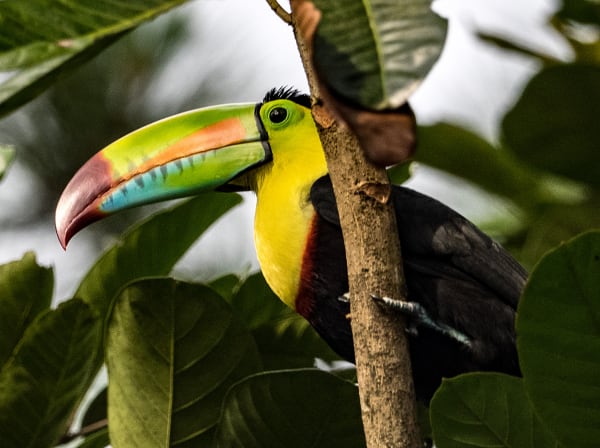The treaty was signed between Costa Rican president Carlos Alvarado and South Korean government representative Chansik Yoon, while Costa Rica’s minister of foreign commerce, Dyala Jimenez, was also present.
Designed to foster greater trade between the two countries, the treaty gives South Korea immediate tax-free access to 80% of Costa Rican products, while a further 16% of products will see tariffs gradually reduced, and a further 4% will maintain the current tariff rates.
Making Korean cosmetics more amenable
There is no significant market for the export of cosmetics and personal care products from Costa Rica, but with the industry making up a significant part of the South Korean economy, there is a huge volume of products that will now become more amenable to Costa Rican consumers.
As part of the deal, the treaty terms 68% of South Korean products will not require any tariff, which, besides cosmetics and personal care products, also includes medicines, vehicle parts and textiles.
Although the rest of the world has already greeted the Korean cosmetics trend with open arms, the craze for the products is only just starting to catch on throughout Latin America region, which is traditionally a little later catching on to the bigger global trends.
Growth in Costa Rican spending power
In recent years the Costa Rican economy has made steady progress, which has led to a growing middle class with an increased spending power who are looking out for new and more innovative consumer products.
And although the Central American country only has a population of around 5 million, its per capita GDP is the third largest in the Latin American region, behind that of Chile of Panama.
The treaty has been signed with Korea and all Central American countries, except Guatemala, which is currently forging its own bilateral trade agreement with Korea.
Upon signing the treaty, President Alvarado said the move formed part of his ambitions to form greater trade ties with the Asia Pacific region, while specifically focusing on South Korea as a world leader in innovation.




